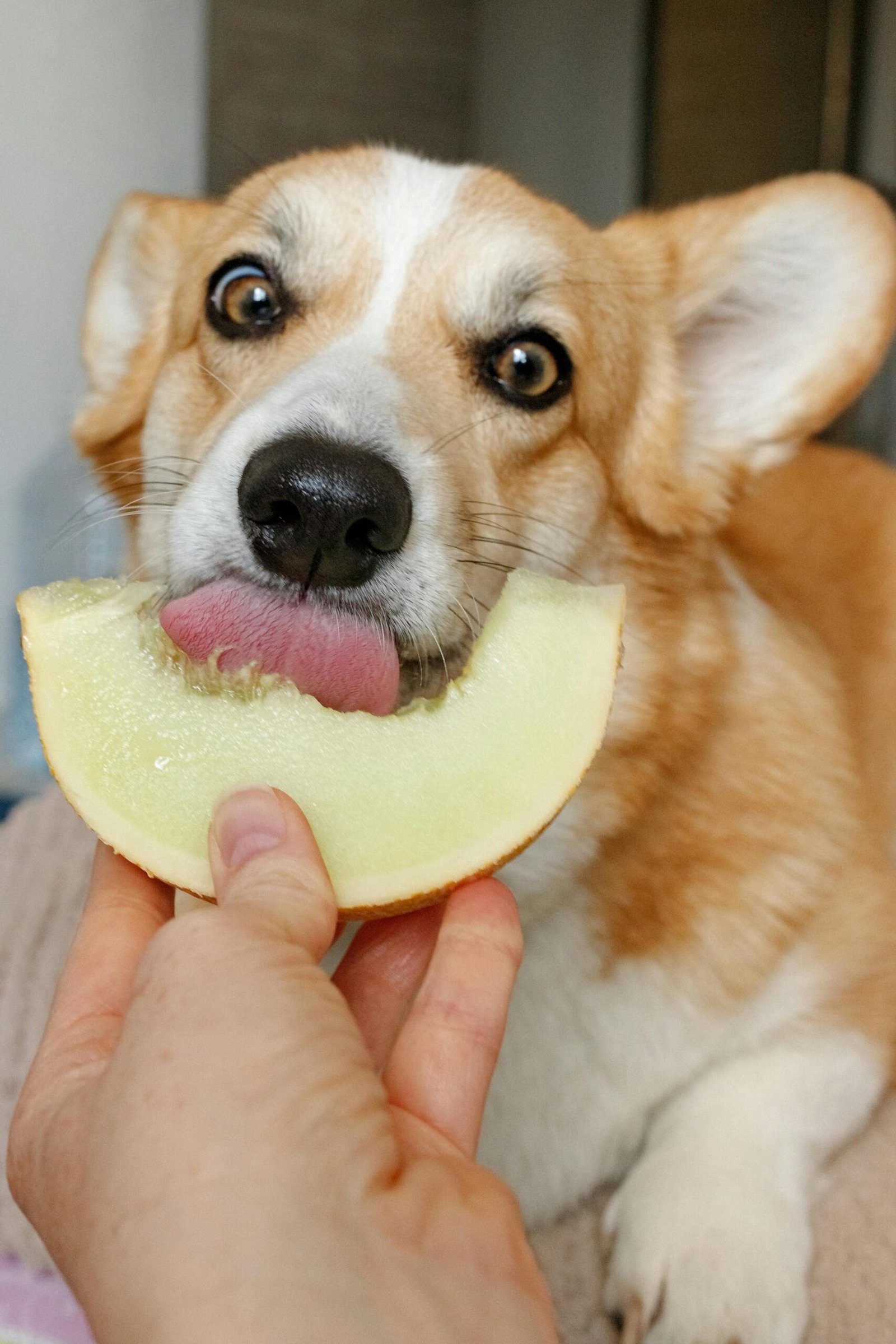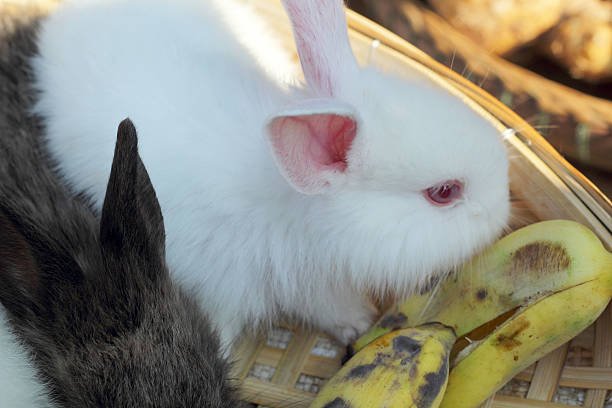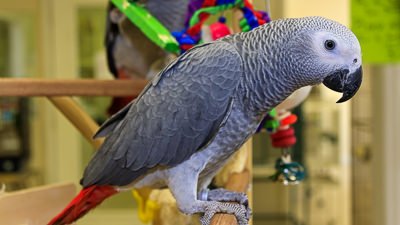Table of Contents
ToggleIntroduction: Is Royal Canin a Good Dog Food
To ensure your pet’s health, it is necessary to choose the right dog food. There is a range of specialized formulas from a popular brand: Royal Canin. Is this indeed the best option for your bay terrier? Ingredients, benefits and drawbacks are covered in an in depth review in this article.
What we plan to do is to find out if Royal Canin cat foods fulfill the nutritional requirements of various breeds and life stages. So let’s get into the details and see if this is at all worth considering.
What Is Royal Canin?
Royal Canin is a brand name of premium pet food specialized in breed specific and life stage nutrition. Launched in 1968, it has become one of the most known pet food brand on the planet. Scientific research is used by the company in order to make formulas to support specific needs.
Puppies, adult, and senior dogs can choose from dry and wet food options supplied by them. Their recipes are designed for digestive health, weight management, for skin sensitivities (a trusted choice for many pet owners).
Ingredients in Royal Canin Dog Food
The Royal Canin dog food has different types of ingredients of this dog food. Chicken meal, rice, corn, wheat or fish oil is common. Other vitamins, minerals, and amino acids are also incorporated into the brand to generally support health.
However, some formulas contain by products that may be controversial. Some of the fish they provide some protein, but pet owners would rather have whole meat sources. Adding omega fatty acids and probiotics adds to coat health and digestion. Overall, the ingredients are scientifically balanced but may not be preferences for everyone.
Nutritional Value of Royal Canin
Royal Canin depends on scientific research while creating its food. Each recipe is made with the nutritional requirements set by the Association of American Feed Control Officials (AAFCO). The food is protein, fat and carbohydrate balanced.
These help with immune, digestive health by helping you to obtain essential nutrients such as omega 3 fatty acids, antioxidants, prebiotics and their metabolites. Specific formula will also depend on the protein content. Although the brand is about providing necessary nutrition, some say to have a more balanced protein source since the brand is providing essential nutrition.
Breed-Specific Formulas
Royal Canin’s strongest point is its breed-specific formulas. These recipes are catered to specific breeds. For instance, they sell food for Golden Retrievers, German Shepherds and Bulldogs. The formula takes into account the typical health concerns of the breed to come up with its own formula.
The size of the kibble and the breed’s shape of the jaw are also customized. The level of detail that Royal Canin has is excellent and all in all Royal Canin is our first pick for breed specific nutrition.
Life-Stage Nutrition
There are different life stages formula provided by Royal Canin such as puppies, adults and senior. While there are no hard and fast formulas for puppy formulas, they have the highest level of protein and DHA (omega 3 fatty acids). It keeps an adult balanced diet for continued energy and general health.
Aging joints need support, brain function, digestion, and more. Royal Canin makes sure their food accommodates the nutritional needs of each stage. It eases the transition for dogs to move from one stage of life to the next for their owners.
Health Benefits of Royal Canin
There are a number of health beneficial things that Royal Canin provides for dogs. Diets formulated information helps with digestion, skin and coat health, and weight management. Omega fatty acids, fiber, antioxidants and many other recipes do exist to promote a healthy immune system.
They are also hypoallergenic and gut care options for dogs with allergies or a sensitive stomach. These are their veterinary diets directed at such problems as kidney disease, urinary problems and joint disease. Results do vary by dog, but many owners find that many of their pets’ health and well being improve.
Potential Drawbacks of Royal Canin
Royal Canin is not free from flaw. The components of by products and grains are criticized by some pet owners who favor whole meat contents. Dogs sensitive to allergy, may not be able to take the inclusion of corn and wheat. There’s also another concern, regarding price, as Royal Canin is sometimes more expensive than other brands.
Even though the food has balanced nutrition, some claim that a higher protein level would be desirable. Before deciding whether Royal Canin is the right choice you need to understand your dog’s needs.
Customer Reviews and Feedback
This is a positive review regarding customer’s reviews on Royal Canin. Specifically, the brand’s specialized nutrition and health benefits are appreciated by many pet owners. ‘It is often recommended by veterinarians for dogs with certain health issues.
There are however some negative remarks regarding the ingredients and pricing. Royal Canin is fine for some dogs but make others stomachs unhappy. Reading reviews and working with a vet can let you know whether or not this food suits your dog’s dietary requirements. The feedback, in general, is positive, but to some extent, it is contingent upon the personal experience.
Considering the Price of Royal Canin, Is It Worth It?
Royal Canin is a premium brand and therefore there is a price to match. However, the cost changes based on the formula, size, and retailer. It’s more expensive than some other brands, but the specialized nutrition is in many pet owners’ budgets.
Dogs with health conditions can be especially benefited with veterinary recommended ones. If money is an issue, comparing the ingredients with other brands may tell you whether it’s worth the cost. Ultimately, the cost is subject to a dog’s individual need and your budget.
Conclusion
Royal Canin is a reputable and scientifically made dog food brand. Its options are breed specific and life stage specific; meeting needs of different dogs. Though balanced nutrition is provided, some ingredients may not be appealing to all owners.
There is much to recommend it based on customer reviews and veterinary recommendations, but at price and by-products. If you want to feed your dog Royal Canin® it is worth a glance. While it should always be consulted with a veterinarian to ensure that it works with the dietary requirements of your pet, it’s still..





